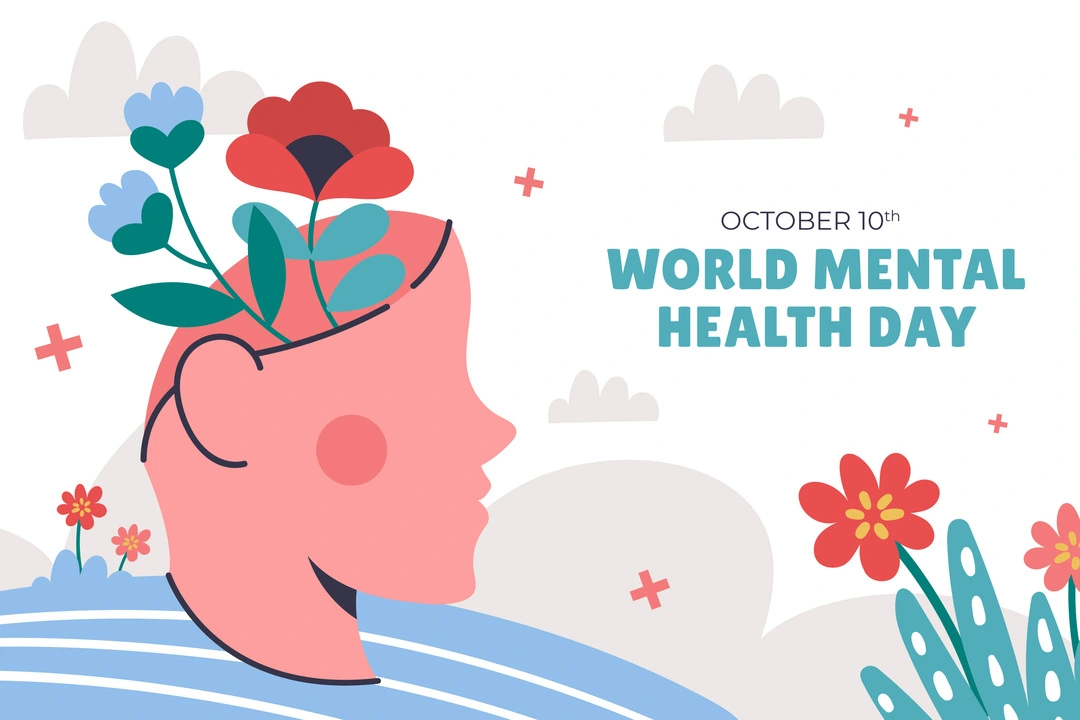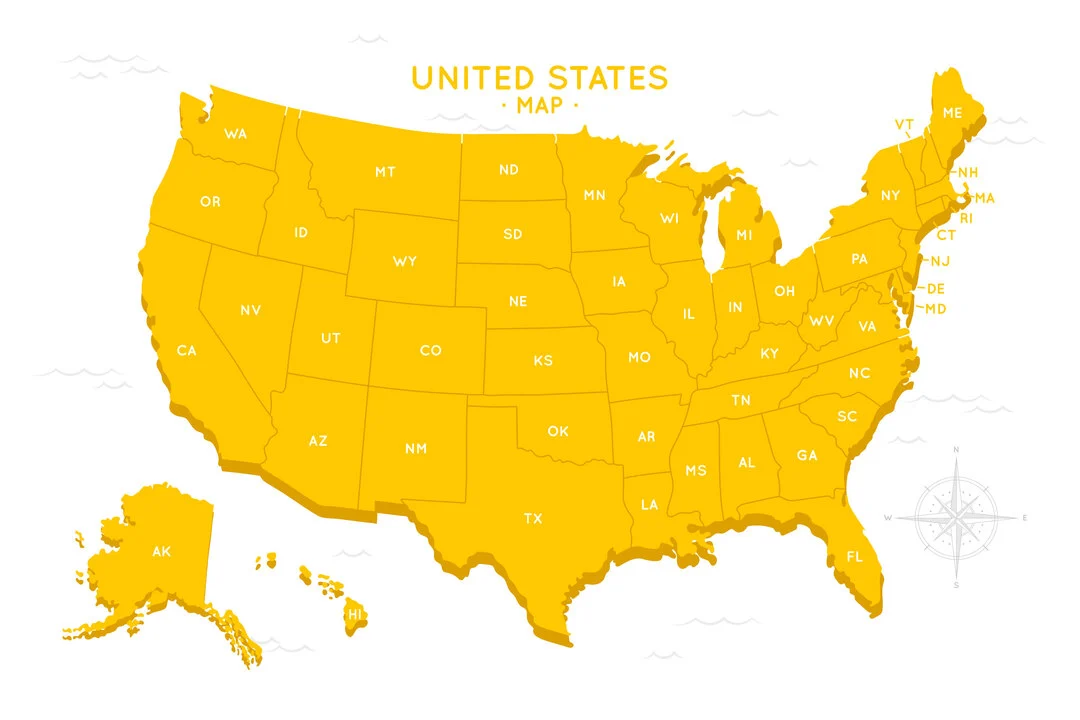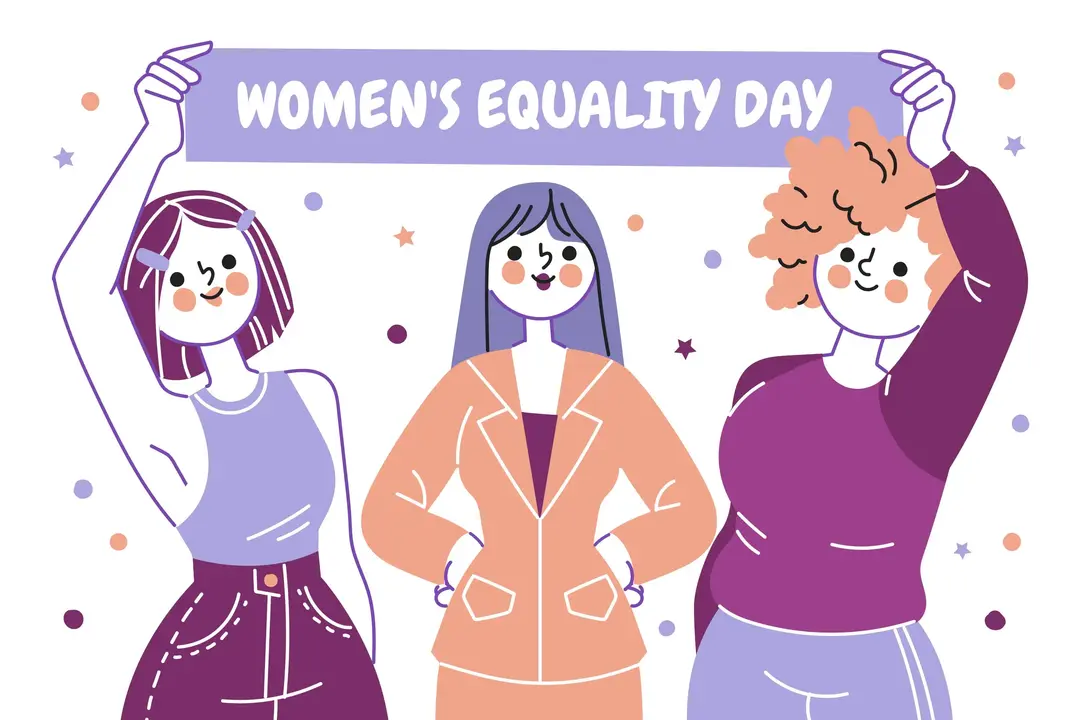In an increasingly developing era, financial inclusion has become one of the primary priorities in Indonesia’s economic development. However, significant disparities still exist in access to financial services, especially for women.
This time, we invite you to explore the importance of financial inclusion for women and how it can drive their economic well-being. Read and learn more!
What is Financial Inclusion?

Before delving deeper, let’s first understand what financial inclusion is. According to the World Bank, financial inclusion refers to a condition in which every individual or group has access to a variety of high-quality, safe, and affordable formal financial services. These services include:
- Savings accounts
- Payment and transfer services
- Loan products
- Insurance
- Investments
In a broader context, financial inclusion is not just about accessing financial services but also about understanding and effectively utilizing these services.
Benefits of Financial Inclusion for Women
Earlier, we mentioned that in Indonesia, women still face inequality in accessing financial services, despite their crucial role in family and community economies.
Here are the key benefits of financial inclusion that women should be able to access:
1. Economic Empowerment
With access to financial services, women can become more financially independent. They can start small businesses, secure working capital, and manage their finances more effectively. This enables women to increase their income and contribute to family economics.
2. Improving Family Welfare
When women have control over financial resources, they tend to invest them in family needs such as children’s education, health, and nutrition. Research shows that women’s financial empowerment is directly correlated with an improved quality of life for the family.
3. Reducing Financial Risks
With access to formal financial services, women can save and protect themselves from unexpected financial risks, such as medical expenses or loss of income. Insurance services also offer security for women and their families.
4. Increasing Participation in the Digital Economy
With access to digital financial services, women can participate more actively in the digital economy, such as selling on e-commerce platforms, receiving digital payments, or using fintech to manage business finances. These benefits can empower women to become powerful agents of change, contributing to the creation of a more just and prosperous society.
Challenges of Financial Inclusion for Women in Indonesia
These issues of inequality may arise from the challenges and barriers women still face in accessing financial services. These challenges stem not only from external factors such as policies and infrastructure but also from internal factors like financial literacy and cultural norms. Here are the main challenges women face in financial inclusion in Indonesia:
1. Social and Cultural Norms
In some areas of Indonesia, social norms continue to limit women’s role in financial decision-making. Women are often seen as having no primary role in managing family finances, which means they tend not to receive priority in accessing formal financial services.
2. Low Financial Literacy
According to data from the Indonesian Financial Services Authority (OJK), women’s financial literacy in Indonesia tends to be lower than that of men. Many women, especially in rural areas, lack an understanding of how to access, utilize, and manage formal financial products such as savings, loans, and insurance.
3. Limited Access to Formal Financial Services
Women in remote areas often face geographical challenges and inadequate infrastructure, such as a lack of banks or ATMs. Additionally, many women lack official documents, such as ID cards or tax numbers, which are required to open bank accounts or access other financial services.
4. High Financial Risks
Women working in the informal sector often face income instability, making it difficult for them to meet the requirements for opening savings accounts or paying insurance premiums. This instability also makes them vulnerable to high-interest loans from informal financial institutions.
5. Lack of Targeted Programs and Education
Although there are financial inclusion programs from the government and private institutions, many have not effectively reached women. The lack of financial literacy training tailored to women’s needs makes it difficult for them to understand the benefits of formal financial services.
Solutions to Address Financial Inclusion Challenges
To address these challenges, a holistic and inclusive approach is needed, such as:
- Improving Financial Literacy: Specialized training for women can be conducted in both major cities and remote areas, especially about managing finances and utilizing financial technology.
- Developing Inclusive Products: Designing flexible and women-friendly financial products, such as collateral-free loans for micro-businesses.
- Expanding Financial Infrastructure: Increasing financial service points, especially in remote areas, and improving digital technology access for women.
- Engaging Local Communities: Using community-based approaches to empower women and change cultural norms that limit their role in financial decision-making.
Financial inclusion is not just about opening access to banking services; it is key to economically empowering women. By improving financial inclusion for women, we not only drive their financial independence but also contribute to more inclusive and sustainable economic development.
Collaboration is needed between the government, financial institutions, civil society organizations, and the private sector to address existing challenges and create a more inclusive financial ecosystem for women. In this way, the vision of gender equality in access to and use of financial services can be realized, paving the way for the broader economic empowerment of women in Indonesia.

















